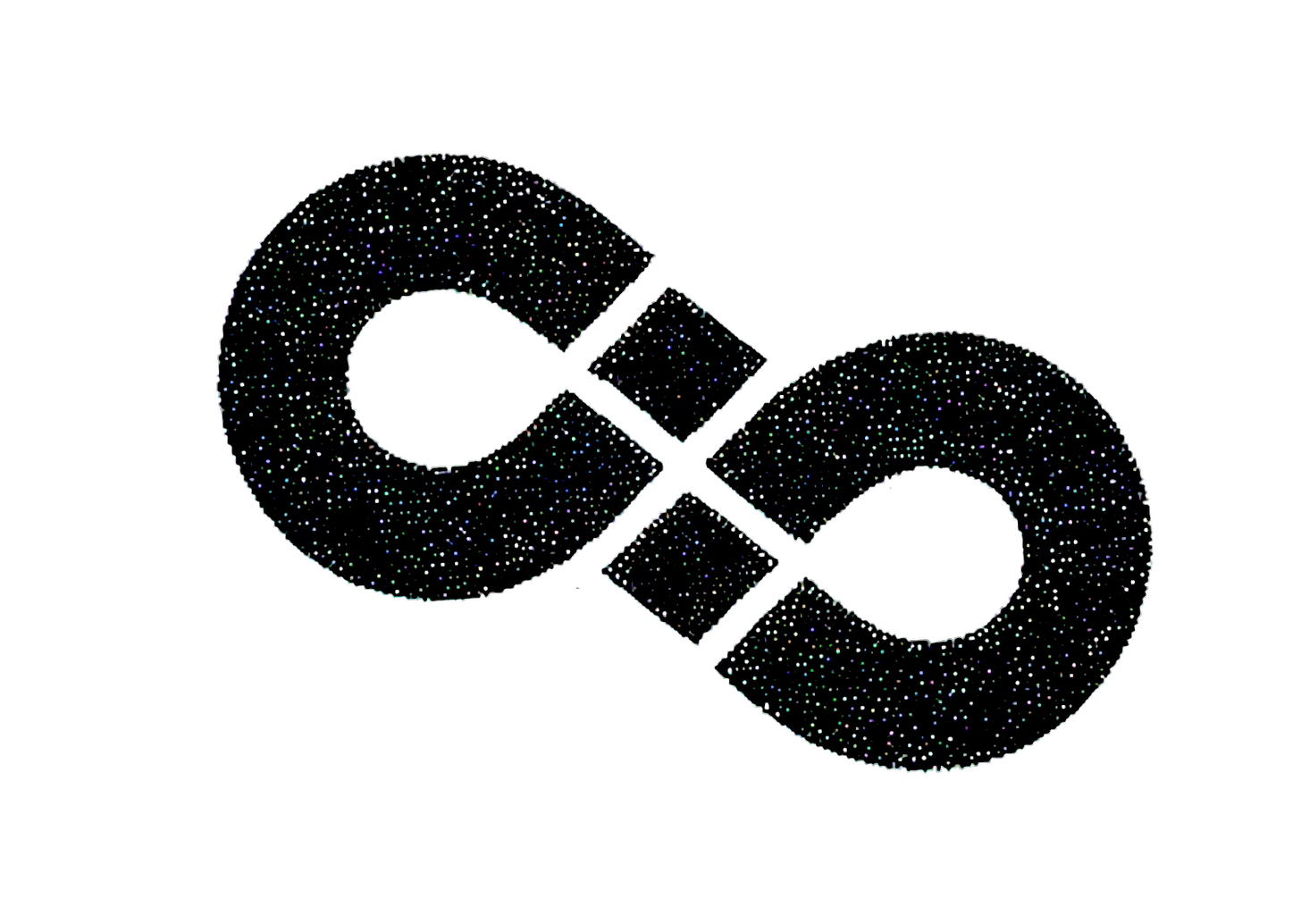
“We're all islands shouting lies to each other across seas of misunderstanding.”
— Kipling
Many of our beliefs are assigned to us.
If you find yourself instantly reacting to something, either positively or negatively, without really knowing why, congratulations! You've just uncovered an unconscious belief.
Here’s something I’ve been doing for years: whenever I notice myself intuitively responding to something, I write it down. Over time, I’ve accumulated a pretty comprehensive list of things even I didn’t know I believed.
Identifying our prewired beliefs is just the start. Is it possible to actually CHANGE them?
This is hard. Emotions are powerful, and it takes A LOT of work to overcome your basic nature.
But it’s not impossible. In fact, there are steps you can take right now, as soon as you click away from this piece, to start loosening your unconscious beliefs’ vicelike grip.
Prioritize Usefulness
“Only when we realize that beliefs are not the truth will the door of possibility open so that we can experience what “is” true.”
— Peter Ralston
Years ago, I adopted the idea that most of my beliefs are wrong, but some are useful.
Derek Sivers said something similar to me earlier this year:
“Physical, observable things are true. Everything else is just a perspective that you can choose to take. Then the way to judge it, if we let go of the word true is whether this is useful to me or not.”
Next time you instinctively respond to something, ask yourself - is this response useful? If it is, super! If it isn’t, maybe it’s time to adopt a belief that elicits a more positive response.
Treat Your Beliefs as Hypotheses
“I have approximate answers, and possible beliefs, and different degrees of certainty about different things, but I’m not absolutely sure of anything,”
— Feynman
Taking even a cursory look at history, you see that many of an era's ‘smartest’ people believed many things that turned out wrong. Why should I be any different?
I have found it useful to look at my beliefs as hypotheses instead of 100% truths.
There's a reason why it’s still called the ‘theory’ of relativity. The scientific method demands that we remain open-minded if discoveries or information calls the theory into question.
We are, I hope, continually learning. Being open to the falsification of a hypothesis or belief keeps you more flexible and open to contradicting data.
Practice Detachment
“What we call rational grounds for our beliefs are often extremely irrational attempts to justify our instincts.”
— Thomas H Huxley
One mistake many people make is allowing their beliefs to become attached to their emotions and, therefore, their sense of self.
This makes it much more challenging to be open to alternate information. If your beliefs are your identity, every contrary piece of information becomes an attack on you as a person. The result? Defensiveness, entrenchment, and the erroneous but all-too-common "this is the hill I will die on” adherence to flawed beliefs.
I’m a much bigger fan of the George S. Patton approach - I’ll leave the other poor bastard to die on his hill.
Monitor Outcomes
“The more objective we are, the more accurate our beliefs become. And the person who wins bets over the long run is the one with the more accurate beliefs.”
— Annie Duke
As Naval said, “Truth is that which has predictive power.” If your beliefs are correct, you should begin to see that reflected in the outcomes.
This isn’t as hard to measure as you may think. Every time I have an intuition, I record it on my phone. Over time, I’ve begun to create a base rate of correct intuitions (I’m currently on around 65%.).
Practice Humility
“Intelligence is no protection against strange beliefs.”
— Will Storr
Finally, by understanding just how powerful our default humanOS is, we can apply some basic humility to our own beliefs and forgiveness and charity to those of others. After all, we’re all running the same software.
To paraphrase Jed McKenna, the smartest thing I ever did was to stop being smart. I know I will be wrong sometimes, and that’s OK. Accepting this simple fact allows us to change our minds without the emotional reaction that usually entails.
Five simple mindset shifts that could have life-changing results. After all, as I’ve said before, if you can change your focus, you can change the future.
I think that's right, but then again, what do I know?


"My goal in life is to be useful"
Such clarity, I've tried to adopt Jim's saying 💚 🥃
Here's a question: Since reading this post I've been keeping a journal of beliefs, especially those that are triggered by a strong emotional reaction. How do you change them? Most of my beliefs are my default way of seeing the world. By the time a belief has made it's presence known it's too late to change it. Said differently does anyone have any suggestions for developing new belief habits?